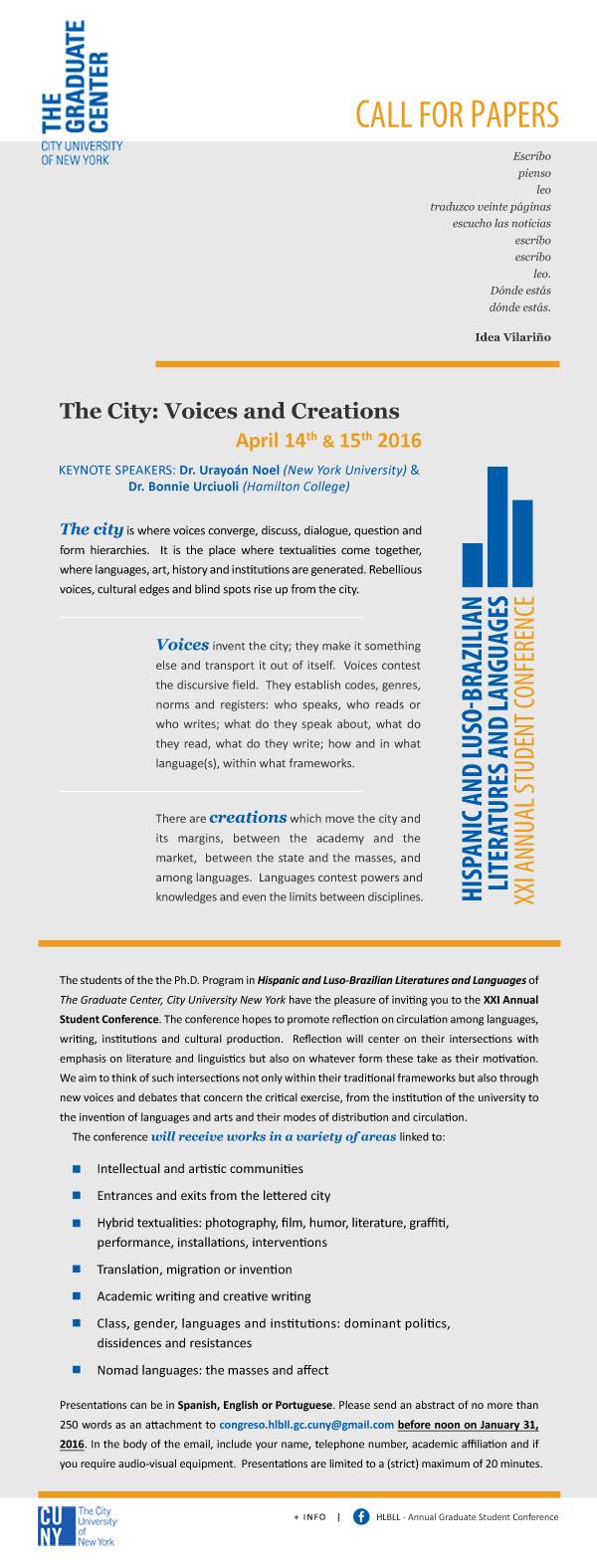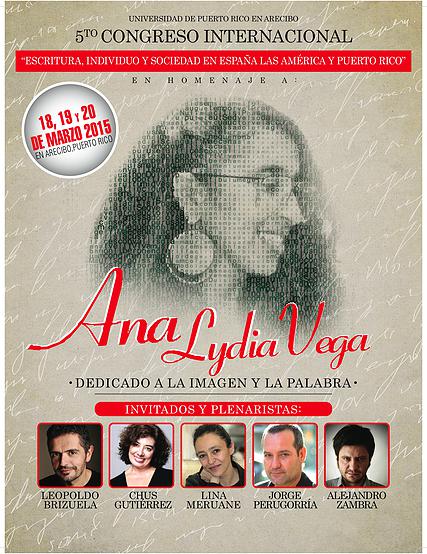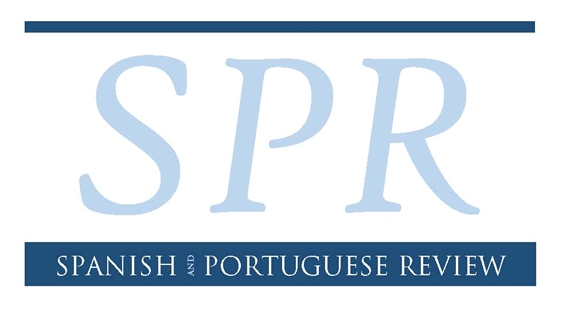Comparative Literature Intra-Student Faculty Forum (CLIFF)
University of Michigan – Ann Arbor; Department of Comparative Literature
LEFTovers: What’s L/left of Literature and Critical Theory in the 21st Century?
March 13-14, 2015
Deadline: December 1, 2014
Keynote Address by Susan Buck-Morss (Distinguished Professor of Political Science, CUNY Graduate Center; Professor Emeritus, Department of Government, Cornell University)
Are the humanities inherently “progressive”? Is such a belief—if, indeed, we have it—a legacy of “the Left” in academia, and is it a legacy that all of us, whether we’re “on the left” or not, must somehow deal with in our scholarship? Those of us in the humanities have been charged with answering for all our “theory,” for our love and vulnerable loving of literature, and for what they’ve wrought. And such charges seem inextricably bound up with the accusations of left failure, crippling relativism and abstraction, and the “Americanization of theory” (Keucheyan, The Left Hemisphere), which has supposedly depoliticized/institutionalized our passionate talks and reduced them to just that, talk. Have we been relegated to—or have we willingly and hermetically sealed ourselves within—familiar echo chambers of resonance and relevance? To whom, and to what ends, are our calls directed? To which calls do we feel ethically bound to respond? Such questions implicate and address all of us; they insist, they demand.
The idea for this conference has been largely influenced by recent debates and published volumes on the remains of “progressive” politics in the humanities. At the same time, the concept of “leftovers” is as concerned with remains as it is with waste—what needs to be cleared away. How, in our irreducibly heterogeneous disciplines/fields, is our work and academic practice still shaped by residual legacies of leftist politics? What must be retained? refashioned? purged? We invite abstract submissions from across a range of disciplines that will aim to (re-)interpret and (re-)assess the implications of what is “Left” and “left” of literature, literary scholarship, and theory in the 21st century.
Possible topics/themes for papers include, but are by no means limited to:
- Embodiment, Commodification, Alienation
- Conceptions & Legacies of “the Left” in Academia
- Academic Work & the “Public Sphere”
- Revolution, “Turns,” Shifts
- The University & Pedagogical Practice
- Feminist Politics, Racial Politics, LGBT Politics, Identity Politics
- Practices of and Resistances to Theory
- Subjectivity, Singularity, Identity
- Objects & Materiality
- (Re-)Mediation, “Radical” & “New” Media
- New Conceptions of Labor & (What Constitute) Proletariats
- “World Literature” & Its Relations to Contemporary Social Movements
Susan Buck-Morss is Distinguished Professor of Political Science at the CUNY Graduate Center and Professor Emeritus in the Department of Government at Cornell University. Along with numerous articles, her works include the recent and widely influential study on Hegel, Haiti, and Universal History, along with others, such as: Thinking Past Terror: Islamism and Critical Theory on the Left; Dreamworld and Catastrophe: The Passing of Mass Utopia in East and West; The Dialectics of Seeing: Walter Benjamin and the Arcades Project; and The Origin of Negative Dialectics: Theodor W. Adorno, Walter Benjamin, and the Frankfurt Institute.
Please send abstracts of no more than 350 words to [email protected] by December 1st, 2014.






